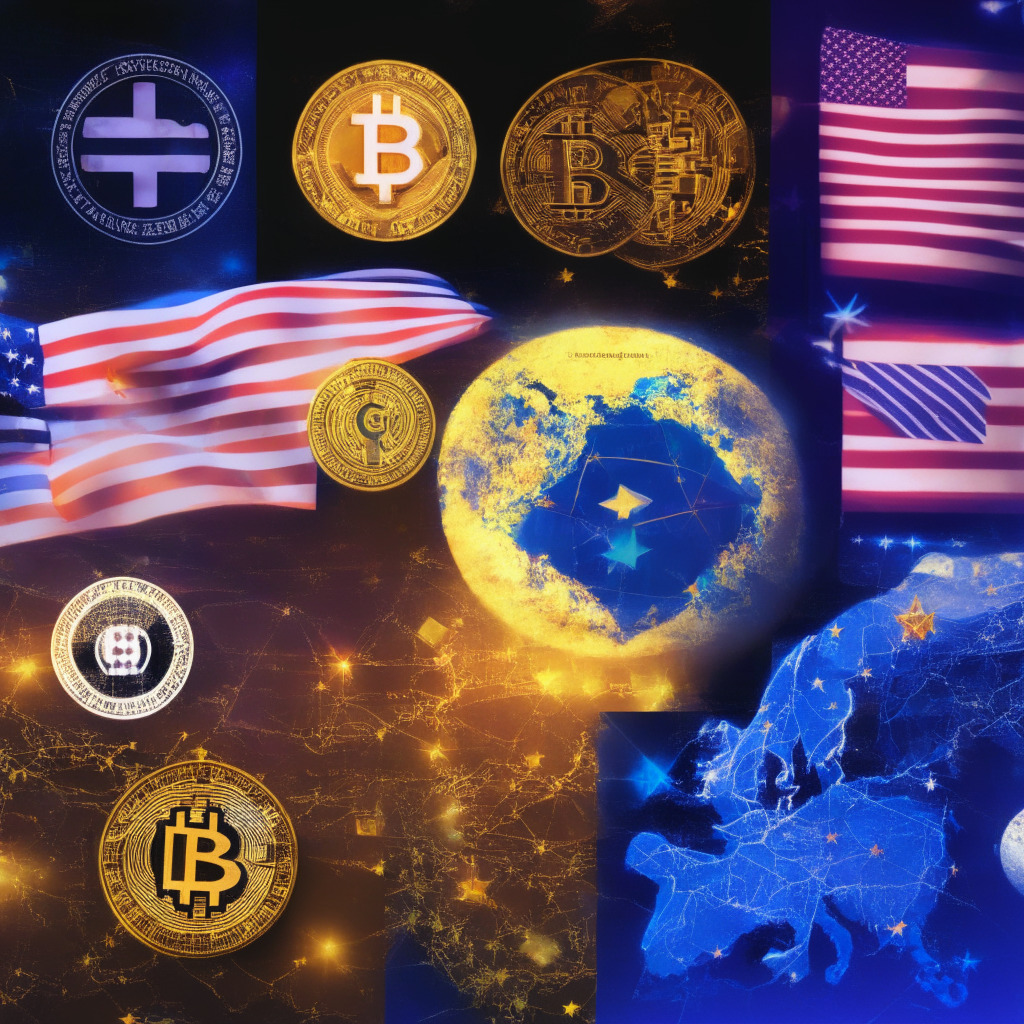As countries around the world progress in regulating the cryptocurrency industry, Ripple, the company behind the popular XRP crypto token, is continuing to grow its operations in European and Asian markets despite an ongoing legal battle with the United States Securities and Exchange Commission (SEC). The development of more concrete regulations in various markets, such as the European Union’s recently signed Markets in Crypto-Assets (MiCA) legislation, is beginning to facilitate the growth of blockchain-powered services and digital currencies.
While the United States struggles to provide a clear and comprehensive regulatory framework for the crypto sphere, other countries, particularly in Europe, are stepping up their efforts to foster innovation in the sector. Ripple’s operations in Europe and the United Kingdom, for example, continue to thrive thanks to the clearer environment for digital currencies. This contrast highlights the disparity between the US and other world powers when it comes to supporting the growing blockchain and cryptocurrency markets.
In Europe, the MiCA regulatory framework is said to create a level playing field that encourages both competition and innovation while driving adoption among traditional financial institutions. Ripple’s European Union managing director Sendi Young believes that by providing clear regulations, MiCA will facilitate mainstream adoption and help to realize the full utility of cryptocurrencies.
In addition to regulatory clarity, the expansion of critical fiat onramps and offramps, central bank digital currencies (CBDCs), and stablecoins are all helping to foster interoperability within the increasingly interconnected financial ecosystem. As CBDCs and other digital currencies continue to coexist, the ability to easily move between different assets will become increasingly important.
Unfortunately, advancements in the regulatory landscape and the industry haven’t prevented Ripple from being embroiled in a lawsuit with the SEC. The ongoing legal drama serves as yet another example of the unclear regulatory environment in the United States, which is stifling growth and innovation in the blockchain and digital currencies markets. In spite of these challenges, Ripple remains committed to working with regulators and policymakers to develop a mutually beneficial environment for the burgeoning crypto industry.
Source: Cointelegraph




